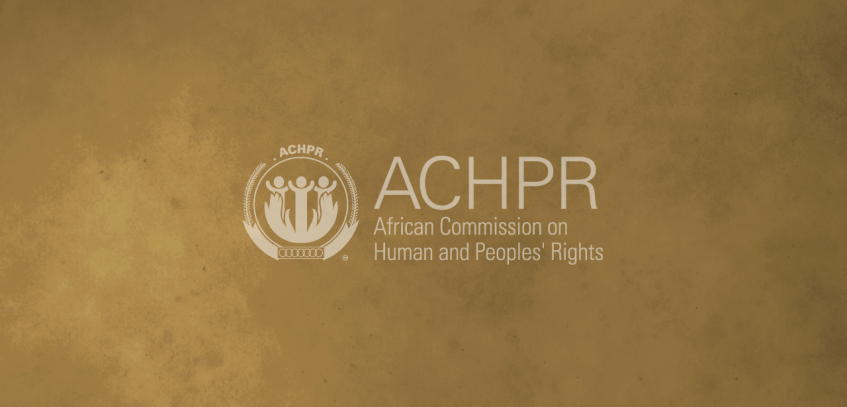Banjul -6 December 2012- The African Union Convention for the Protection and Assistance of Internally Displaced Persons in Africa (Kampala Convention) entered into force on 6 December 2012. Its adoption on 23 October 2009 in Kampala was a historic event for Internally Displace Persons in Africa and around the world. As the world's first legally binding regional instrument on internal displacement, the Kampala Convention demonstrates the will and determination of African states to comprehensively address the problem of internal displacement in Africa.
When the convention was adopted in 2009, the drafters explicitly stated in the preamble that one of the main reasons for its adoption was to address the grave situation of internally displaced persons (IDPs) in more secure areas due to political instability, conflict, generalized violence, natural disasters or climate change or man-made displacement.
In the year 2022, which marks the 10th anniversary of the Kampala Convention, the number of internally displaced people has reached 89.3 million worldwide and could exceed 100 million by the end of this year [ UNHCR, UNHCR: Global displacement hits another record, capping decade-long rising trend, 16 June 2022, available at: https://www.unhcr.org/news/press/2022/6/62a9d2b04/unhcr-global-displace…].
The number of IDPs in Africa represents about 44% of the global total, or 36 million IDPs.
The increase in the number of internally displaced persons is accompanied by many other challenges such as the impediment to development and to the enjoyment of social, economic, civil and political rights, as enshrined in the African Charter on Human and Peoples ‘Rights.
On the occasion of the celebration of the 10th anniversary of the Kampala Convention, the Special Rapporteur Hon. Commissioner Maya Sahli Fadel, would like to remind States Parties that it is more than necessary to take measures to respond effectively to the issue of IDPs, by advocating for the adoption of legislation to domesticate the Kampala Convention or the development of national plans and strategies for the protection and assistance of IDPs in Africa. This requires a real commitment from all African States, whether or not they are parties to the Kampala Convention.
The Special Rapporteur stresses that although the Kampala Convention proposes concrete ways to strengthen the protection of IDPs and improve the assistance provided to them, the issue of internal displacement remains a recurrent and complex problem, as internal displacement can become external if IDPs decide to turn to a third country and become asylum seekers and later refugees.
The issue of forced displacement is becoming increasingly critical and should be at the center of the African Union's agenda, encouraging countries that have not yet done so to ratify the Convention and working with those that are already party to the effective and efficient implementation of the Kampala Convention to prevent forced internal displacement, to end the existence of IDP camps and to work in consultation with the internal populations and host communities towards durable solutions.
The Special Rapporteur hopes that the next decade will see widespread adherence to the Kampala Convention, an end to forced displacement in Africa, and greater stability, security and peace through the effective implementation of the Kampala Convention, which has yet to reveal its full potential.
Commissioner Maya Sahli Fadel
Special Rapporteur on Refugees, Asylum Seekers, Internally Displaced Persons and Migrants in Africa








